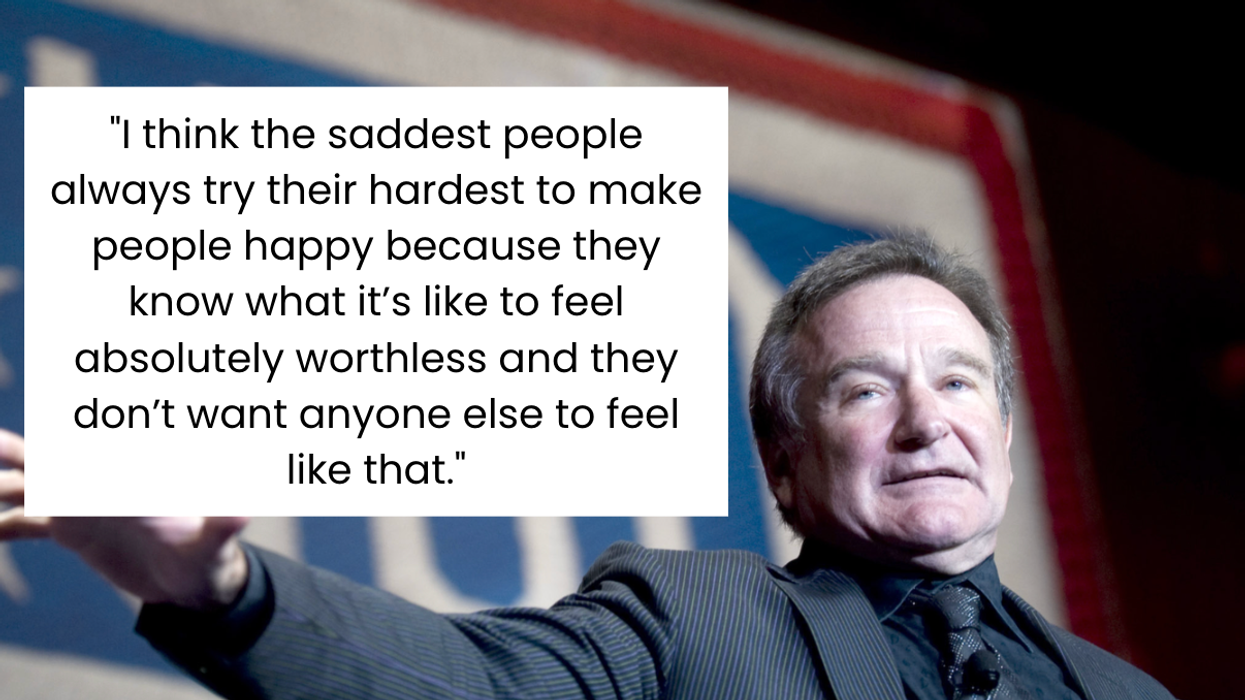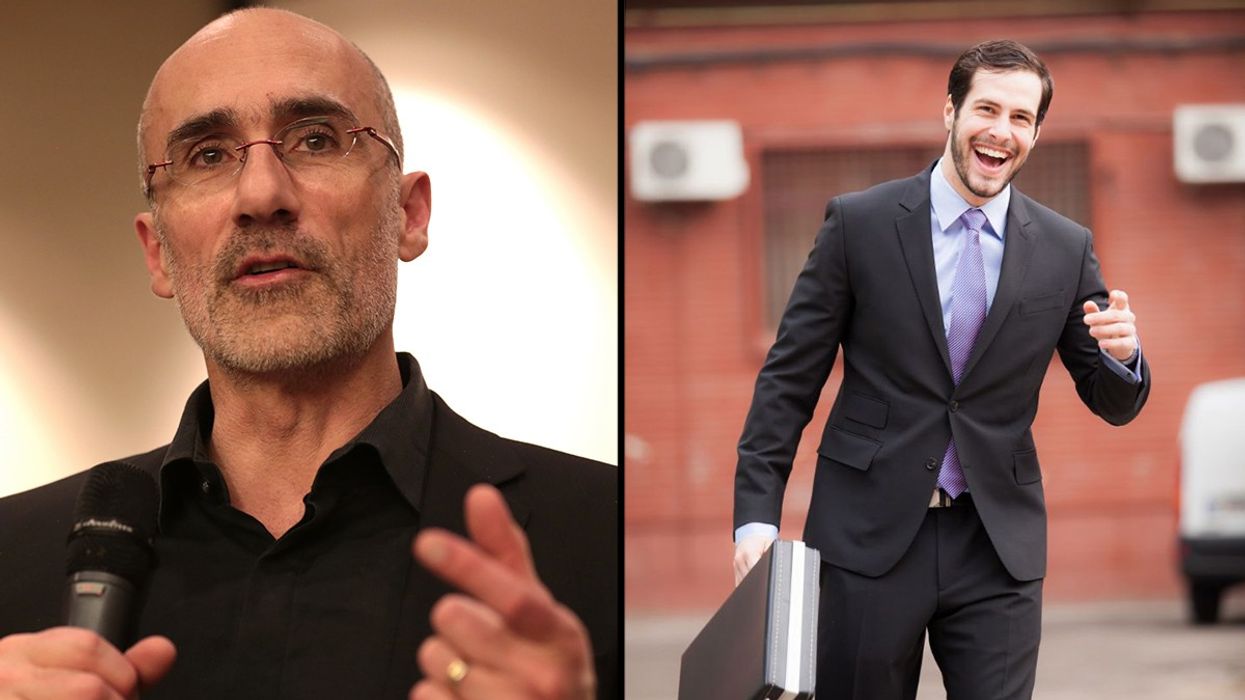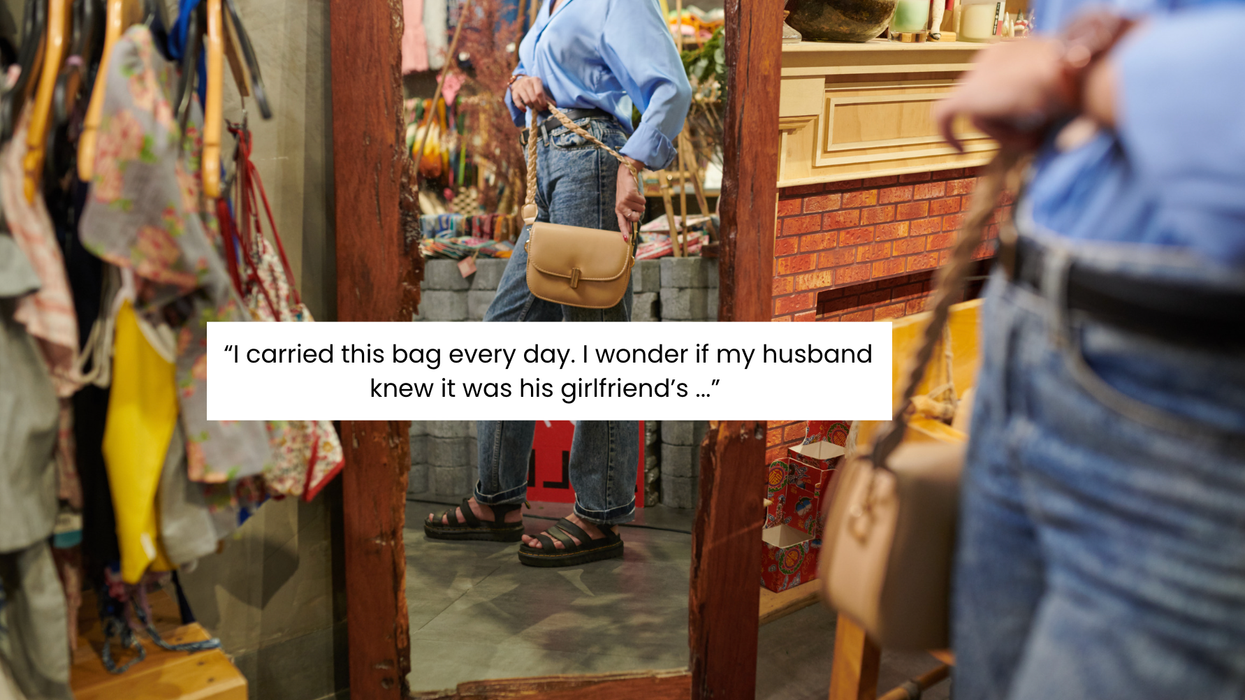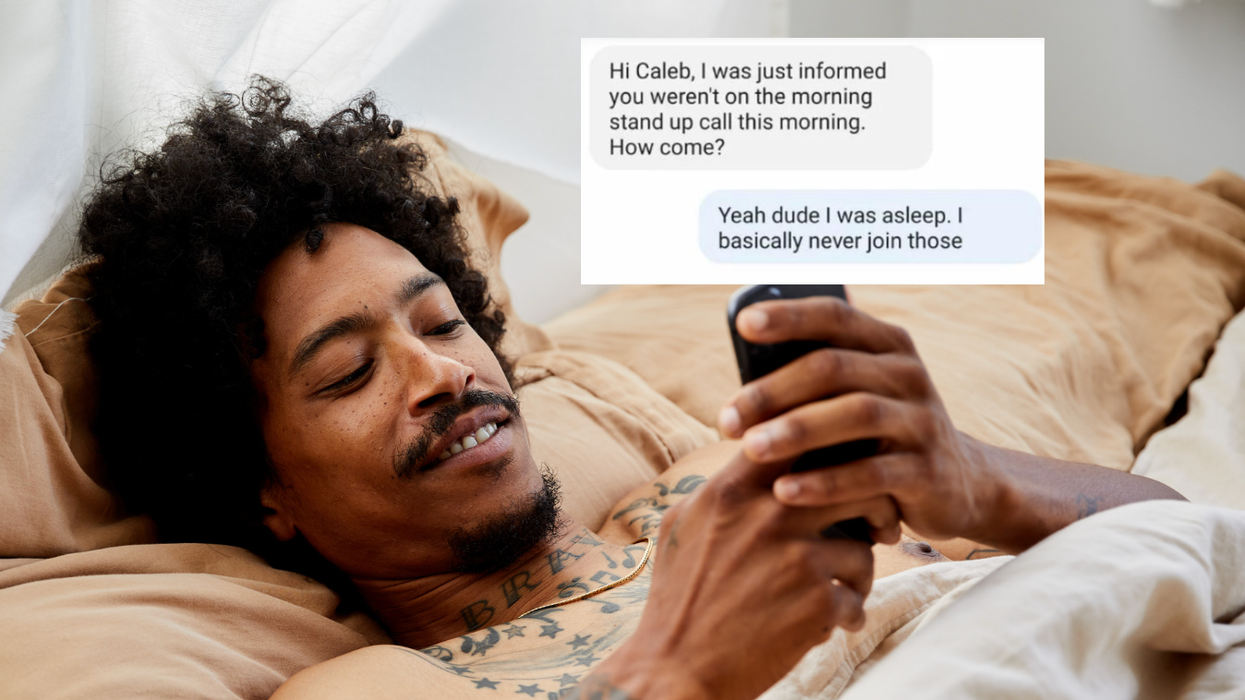If you’re cruising down the highway and see an 18-wheeler pull up next to you with no driver in the front seat, don’t worry, it’s probably just a self-driving semi. Created by Otto, which was purchased by Uber earlier this year, these modified semis are designed to navigate the nation’s highways byways, no human required. Recently, Uber loaded up its first self-driving truck with 50,000 cans of Budweiser and sent it on a 120-mile run through Colorado from a brewery in Fort Collins to Colorado Springs.
There are four major modifications that allow Uber’s trucks to drive themselves. Laser detection systems and radars are placed around the vehicle so it can sense its rapidly-changing surroundings. A forward-facing camera is added to the top of the truck to show the path forward. And a highly-detailed mapping system is installed in the vehicle to help it stay on course. These specially-modified trucks must be driven by a human on the side streets, but once they hit the interstate, they can be flipped into self-driving mode.
Although Uber’s self-driving semi’s first run went off without a hitch, drivers shouldn’t be worried about their jobs just yet. As American consumers increasingly buy more goods online, the trucking industry has had a hard time hiring enough drivers to do the work. The American Trucking Association pegs the current shortfall at 48,000 drivers, and says it could hit 175,000 by 2024. While Uber’s first test run may revolutionize how freight moves across the country, consumers should demand that Uber answer the only question that matters: When the 50,000 beers arrived at their destination, were they still cold?
















 Superstructure of the Kola Superdeep Borehole, 2007
Superstructure of the Kola Superdeep Borehole, 2007 




 Two women shop at clothing storeCanva
Two women shop at clothing storeCanva

 "I'm watching you..."
"I'm watching you..."  Reddit |
Reddit |